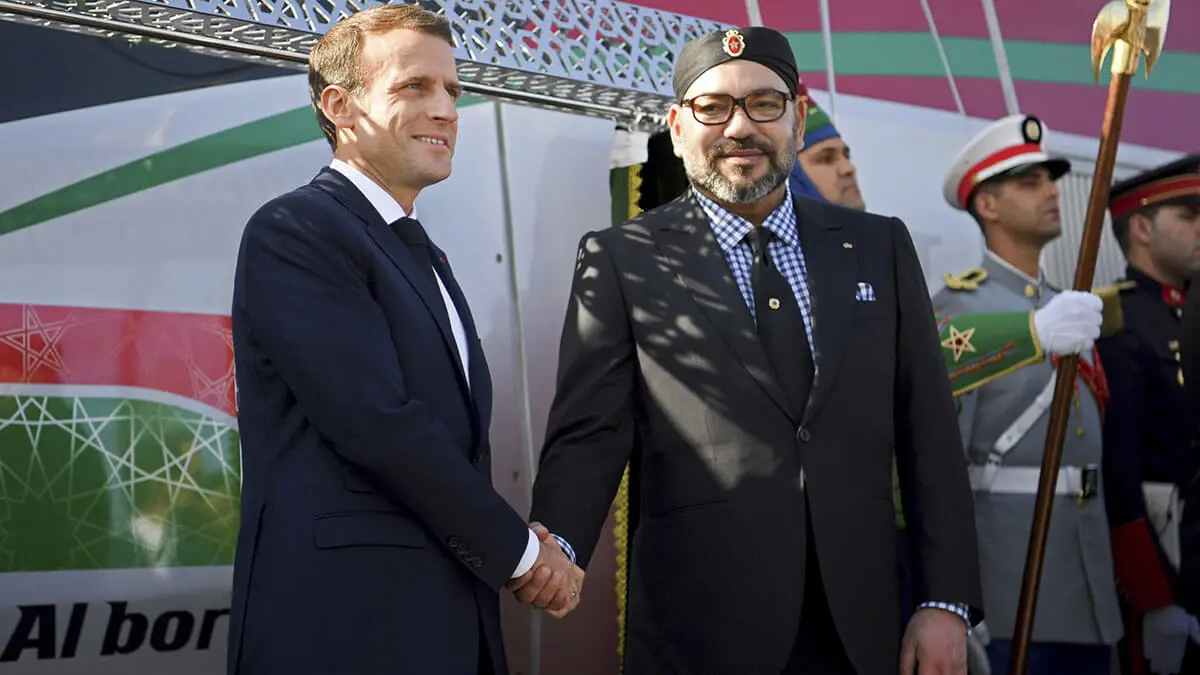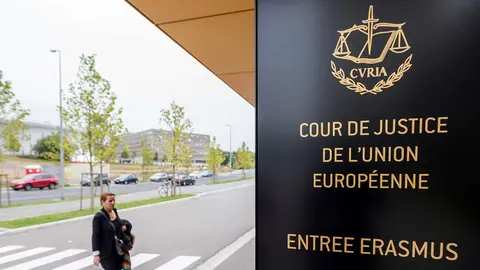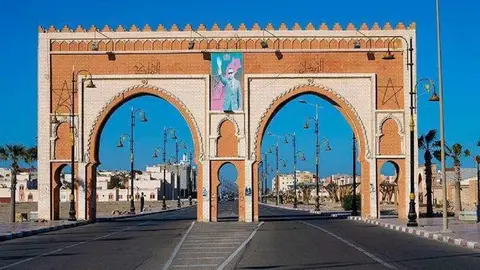Macron in Morocco

France and Morocco are preparing the next official visit of French President Emmanuel Macron to Rabat. A trip that will serve to close the period of disagreements that both governments have maintained for almost two years as a result of a series of clashes over sensitive issues, such as the granting of visas, economic and commercial influence in African countries and accusations of spying on Macron's own mobile phone, among others. Previously, the failed attempt by a French judge, following a complaint by an NGO, to arrest the head of the Moroccan secret service in Paris led to the breakdown of collaboration in security and the fight against terrorism.
The evolution of the problems between the two governments led to the switch from French to English in the Moroccan education system. The reality is that in Morocco, there has been a growing suspicion of the arrogant and haughty attitude of the usual Gallic grandeur that has overflowed many a glass in recent years. In addition to the English, another fundamental change has taken place in the last four years, with Spain becoming Morocco's largest trading partner ahead of France.
In recent times, the feeling of rejection of all things French has been registered in North African and Sahel countries where French troops have been expelled after years of helping to train the Malian and Burkina Faso armies to fight terrorist and organised crime groups. The emergence of the Russian paramilitary group Wagner led to coups d'état in these countries, which now maintain Moscow's backing.
The fact is that the Macron government was convinced by the force of facts and reality that it was an urgent task to rebuild relations with Morocco, instead of favouring those with Algeria, a government with military influence that is also aligned with Putin. The reasons for the change are political: to avoid further loss of weight and influence on the African continent, essential collaboration in security and the fight against terrorism, which was demonstrated to guarantee the normal development of the Paris Olympic Games, and now for important economic and commercial interests.
Macron is going to visit Morocco accompanied by almost 20 billion euros to sign very important agreements in sectors such as infrastructure, the extension of the high-speed train network, energy, industry, tourism, in short, contracts in key sectors and with a fundamental key: with French credit to back all these operations and investments needed for the process of Moroccan development and modernisation undertaken by King Mohammed VI since his accession to the throne 25 years ago. On 30 July, Macron sent a letter to Mohammed VI in which he unequivocally recognised Morocco's sovereignty over the Sahara.
The French commitment to Morocco is clear and forceful and has included the promotion within the European Union of a declaration by the Council of 27 heads of state and government recognising the great value of Rabat for the EU, a few days after the Court of Justice of the European Union (CJEU) annulled trade agreements with Morocco for including products from the Sahara, without the international legal situation of this territory having been resolved and the United Nations admitting it as a province of southern Morocco. A process that has been moving in recent weeks and which may present new developments in order to achieve a definitive solution with the autonomy of the Sahara under Moroccan sovereignty after almost 50 years of conflict.
For the moment, the proposal by Staffan de Mistura, the UN Secretary-General's special envoy for the Sahara, to partition the territory has moved some of the pieces on the chessboard, but he is aware that it is clearly unacceptable to Rabat. Both Morocco and the Polisario have rejected the proposal out of hand, but there are indications that it could lead to moves within the UN Security Council with the intention of forcing a negotiated, peaceful and definitive solution to the conflict with the corresponding negotiation.



